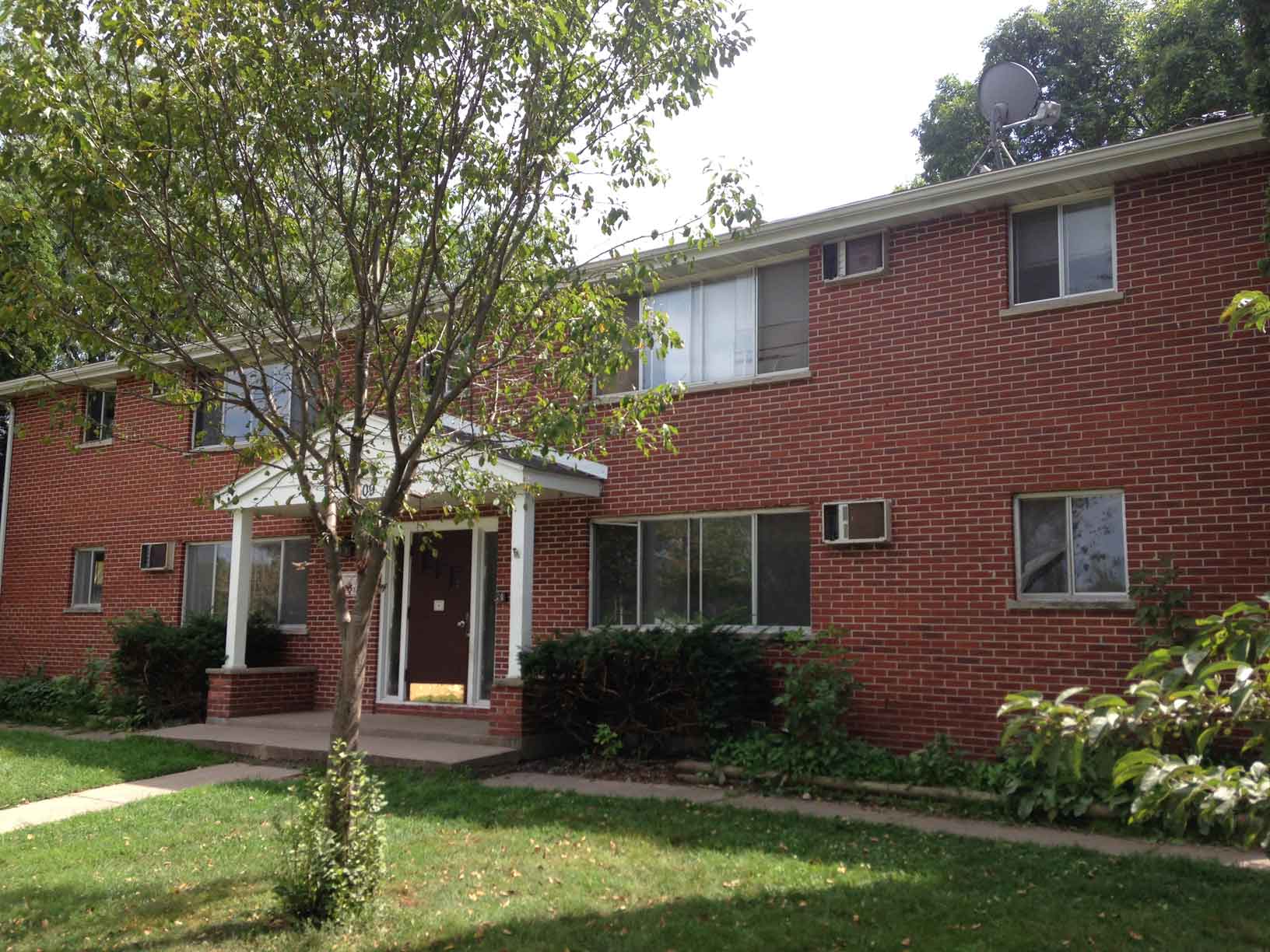Client Story: Bessemer and Wakefield Housing Commissions
Proven technology helps solve the age-old problem of smoking in public housing apartments
Property Type:
HUD Public Housing Apartments
Location:
Gogebic County, Michigan
Size:
120 Apartment Units
Challenges
- Maintenance costs caused by smoking odors and damages
- Tenant dissatisfaction and regular complaints caused by neighbors smoking
- High apartment turnover rate due to secondhand smoke
- Difficulty gathering adequate proof of smoking
- Inability to successfully transition tenants out of their apartments for smoking violations
Solution
- Monitor apartments for tobacco smoke and marijuana smoke with FreshAir’s patented sensors
- Receive immediate notification with logged scientific proof of smoking
Results
- Deterred smoking within properties monitored by FreshAir devices
- Reduced smoking-related property damages
- Simplified the process to handle smoking violations
- Received fewer tenant complaints caused by nearby tenants smoking
“Our two largest issues when tenants smoke are the odor and the cleaning of apartments once they’re empty. This costs us the most money. Either somebody moves out because a neighbor is smoking, or it’s the rehab of the apartment which is thousands of dollars. With [FreshAir] though, I know exactly when and where the smoking is occurring, with evidence. We can avoid these costs.”
Sheri Graham, Executive Director
Bessemer and Wakefield Housing, MI
In-Depth Review
The Bessemer and Wakefield Housing Commissions provide Housing and Urban Development (HUD) public housing apartments in Michigan’s Upper Peninsula. Both commissions went smoke-free in 2010 and shortly thereafter realized the complications that come with enforcing a smoke-free policy. Many tenants ignored the policy, and the commissions’ management found it difficult to gather sufficient evidence when tenants were suspected of smoking in their apartments.
Before Bessemer and Wakefield Commissions monitored units with FreshAir devices, many tenants would call to complain about neighbors smoking at all times of the day and night. Whenever these complaints came in, an employee would have to go to the property and check on the apartment. When confronted, tenants would firmly deny they had smoked, often using aerosol fresheners or running their showers to create steam to try and cover up the cigarette or marijuana smell. Even in cases when it was clear that the tenants smoked inside, management found it difficult to obtain evidence that would stand up against the tenants’ objections.
The inability to change the behavior of tenants that smoked in their units or transition tenants out of their apartments when necessary led to costly damages and maintenance for the commissions. Management would spend thousands of dollars to clean apartments heavily damaged by smoking. The commissions also reported that some tenants moved out because of neighbors that continued to smoke despite multiple complaints and management’s warnings.
Sheri Graham, Executive Director for the two commissions, reached out to FreshAir in 2018 for a solution to the commissions’ eight years of frustrating enforcement of the smoke-free policy. The commissions installed FreshAir devices in a portion of their Bessemer Housing units and were quickly pleased by the deterrence and scientific documentation of smoking that FreshAir provides. Within just three months of initially working with FreshAir, the commissions installed more FreshAir devices across both the Bessemer and Wakefield properties.
“While every housing commission is set up differently, I definitely recommend FreshAir. You really need to give FreshAir a call and tell them the way your commission is structured. FreshAir has been very helpful in getting us set up with their service.”
Sheri Graham, Executive Director
Bessemer and Wakefield Housing, MI

Bessemer and Wakefield Commissions also report reduced smoking in the properties monitored by FreshAir. Tenants know they will be caught if they choose to smoke in their apartments, so they are now more likely to move outside to designated smoking areas. The number of complaints from non-smoking neighbors about tobacco and marijuana smoke has decreased, which has consequently reduced tenant-to-tenant conflicts that used to result from tenants when their neighbors smoked. The FreshAir devices have also lowered smoking-related damages in the properties, because fewer tenants smoke in their units. When tenants do continue to smoke, the commissions have adequate evidence to effectively transition the tenants out of their apartments. The reduction in property damages saves Bessemer and Wakefield Housing Commissions thousands of dollars when turning over apartments.
Executive Director Graham urges other public housing commissions to monitor their units with FreshAir and has procured funding to install FreshAir devices in more of the commissions’ units, with a goal of having full implementation soon. Even with the budgeting challenges that arise because the commissions are fully federally funded, FreshAir’s positive results have made, and continue to make, the investment a logical one.
